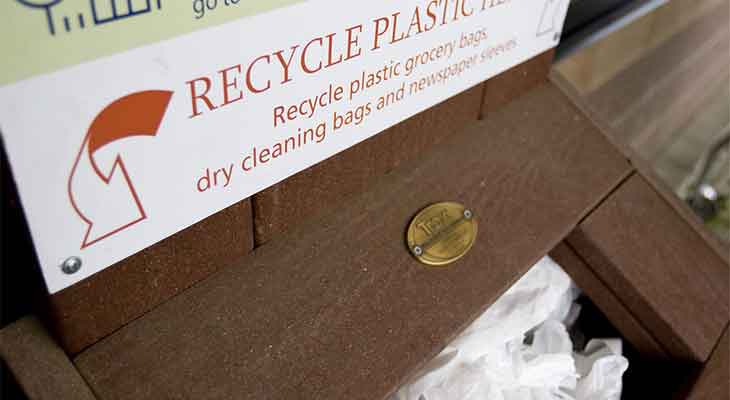Why Is It Important to Follow the Principles of Reduce, Reuse, and Recycle?
by Blake Harris
Posted on 04-01-2024 04:50 PM

In an era of ever-increasing consumerism and resource depletion, it has become vital for individuals, communities, and societies to adopt sustainable practices to protect the environment. The principles of reduce, reuse, and recycle have emerged as essential guidelines for minimising waste and conserving resources.
By incorporating these principles into our daily lives, we can contribute to a healthier planet and create a more sustainable future.
Reducing Waste
One of the fundamental principles of sustainability is reducing waste generation. By being mindful of our consumption patterns, we can minimise the amount of waste produced. Reducing waste involves making conscious choices such as:
- Purchasing only what we truly need
- Avoiding single-use items
- Opting for products with minimal packaging
By reducing waste, we conserve resources, save energy, and mitigate the harmful environmental impacts associated with waste disposal.
Reusing
The concept of reusing revolves around finding creative ways to extend the lifespan of products and materials. Reusing items helps to reduce the demand for new resources and minimises the need for manufacturing processes that contribute to pollution and greenhouse gas emissions.
By donating, repurposing, or repairing items, we can significantly reduce the amount of waste sent to landfills. Embracing a culture of reuse also promotes thriftiness, stimulates creativity, and encourages the development of sustainable business models.
Recycling
Recycling is a process that transforms waste materials into new products, thus reducing the need for extracting and processing raw materials. Recycling conserves natural resources, saves energy, and reduces pollution associated with traditional manufacturing methods.
It plays a crucial role in reducing the carbon footprint and helps mitigate climate change. By sorting recyclable materials and supporting recycling initiatives, individuals can actively contribute to the circular economy and promote a more sustainable society.
The Importance of Learning to Reduce Waste in Everyday Life
While following the principles of reduce, reuse, and recycle is crucial, it is equally important to learn how to reduce waste in our everyday lives. Here's why:
Environmental Impact
Every action we take in our daily lives has an impact on the environment. By learning how to reduce waste, we can minimise our ecological footprint and lessen the strain on natural resources.
Small changes such as:
- Using reusable bags
- Opting for refillable water bottles
- Embracing digital alternatives can collectively make a significant difference
Conservation of Resources
Learning to reduce waste fosters a sense of responsibility towards conserving resources. Many of the materials we use, such as plastics, metals, and paper, require substantial amounts of energy and resources for their production.
By reducing waste, we decrease the demand for these resources and contribute to their preservation for future generations.
Financial Savings
Reducing waste can also lead to financial benefits. By consuming mindfully and avoiding unnecessary purchases, we can save money in the long run.
Reusing items and repairing them when possible can reduce the need for frequent replacements, resulting in significant cost savings over time.
Educational Value
Teaching ourselves and future generations about waste reduction instils essential values such as:
- Environmental consciousness
- Environmental responsibility
- Environmental sustainability
By actively participating in waste reduction practices, we become role models for others and inspire positive change within our communities.
Final Thoughts
The principles of reduce, reuse, and recycle serve as the foundation for sustainable living. By embracing these principles and learning how to reduce waste in our everyday lives, we can significantly contribute to environmental preservation, resource conservation, and the well-being of future generations.
Each individual's effort counts, and collectively, we can create a healthier and more sustainable planet for all. Let us make a conscious commitment to follow these principles and be the change our world needs.